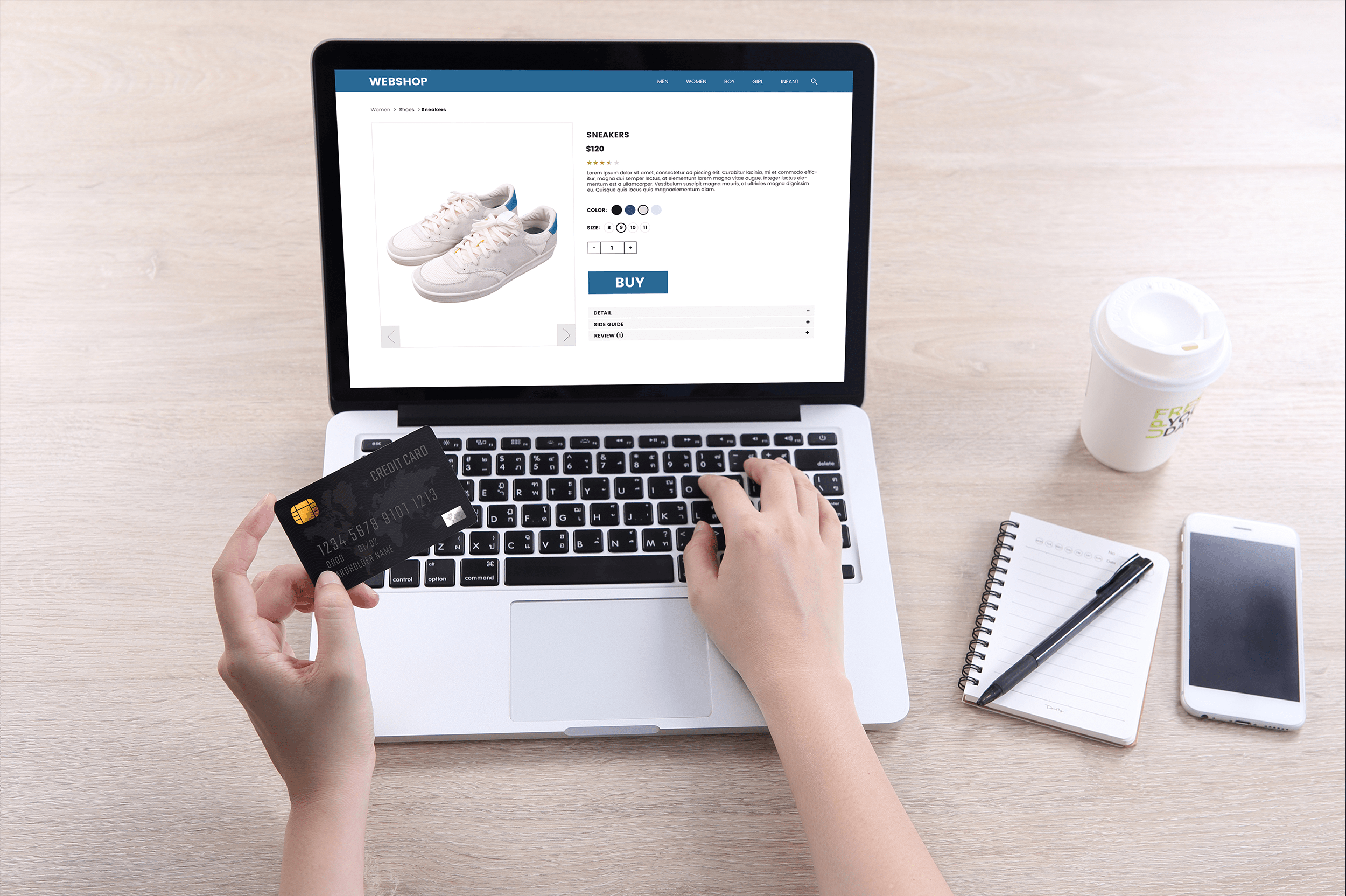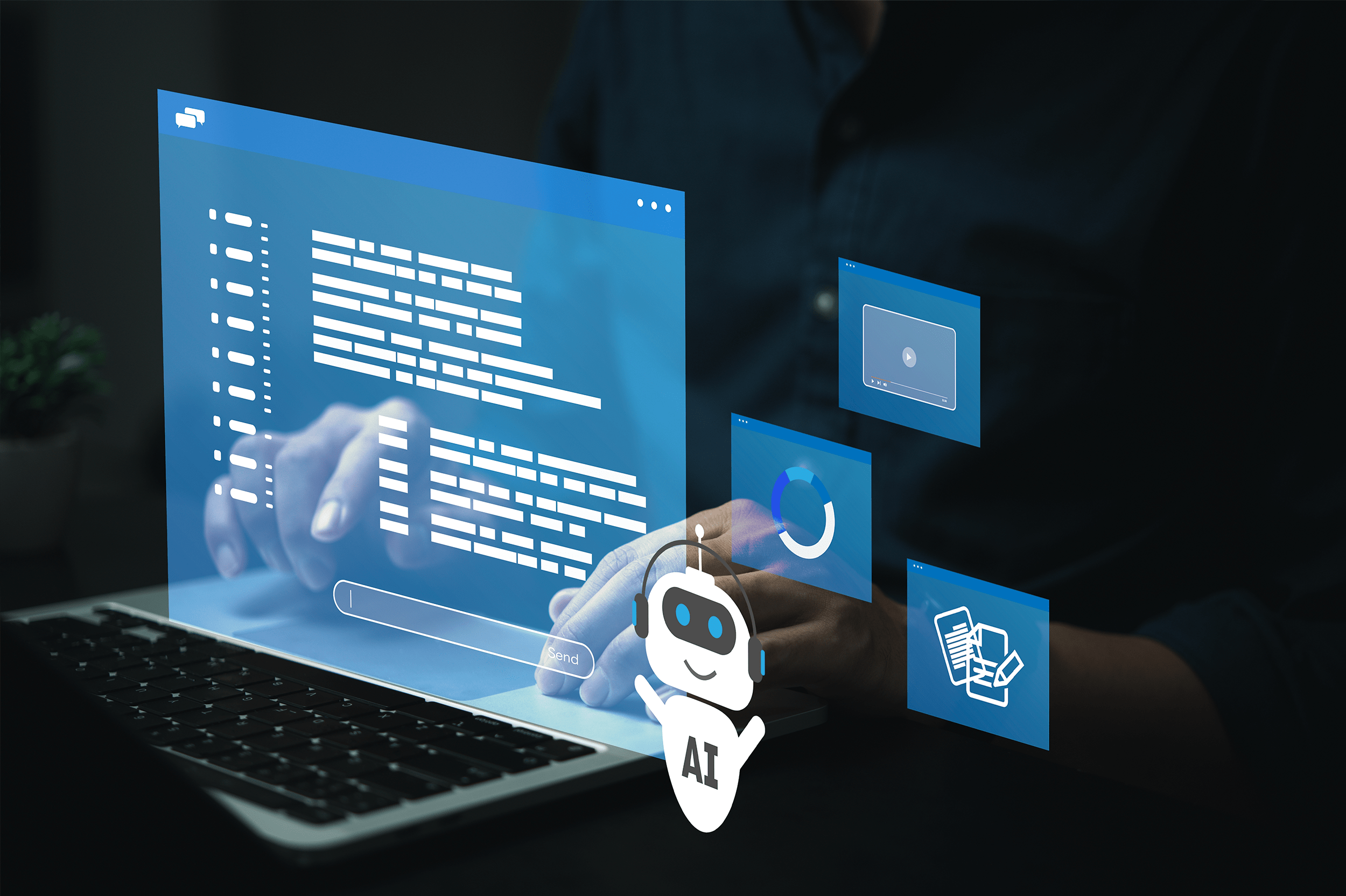You’ve undoubtedly heard a lot of chatter in marketing groups, on social media, or in your personal networks about ChatGPT and how people use this artificial intelligence-powered chatbot. But is ChatGPT good for business?
Is Chat GPT Good for Business?
In some ways, yes; in other ways, no. While ChatGPT potentially has a bright future and can certainly assist businesses with small tasks, it still has its caveats. Yet, this incredible tool is shaping up to be one of the most talked about and used pieces of technology we’ve seen to date.
In fact, a report from Business of Apps notes that ChatGPT holds the record for the fastest climb to 100 million active users, which it reached in just two months — faster than even Google’s Google+ social media platform manages to do.
It’s clear that people and businesses of all backgrounds and industries are finding ways to utilize ChatGPT as it becomes more mainstream. Its use is even being explored in the healthcare industry, albeit with much discussion on legal and healthcare blogs about potential privacy implications — especially in light of the growing number and scope of data privacy regulations.
Let’s look at the potential pros and cons of using ChatGPT for business purposes.
Potential Challenges Businesses Face Using ChatGPT
ChatGPT can help businesses in numerous ways, taking smaller, mundane tasks off their plate and saving the time and money that would otherwise be spent to have humans handle those tasks. However, companies should be mindful of the challenges that can come into play by using ChatGPT.
There are four main concerns to consider:
- Accuracy: Although the text that ChatGPT creates when answering a question or responding to a prompt is often well-written and persuasive, it’s proven that it’s not always as accurate as it seems. When creating content around a ChatGPT response, it’s crucial to still fact-check, edit, and source information to ensure accuracy.
- Privacy: As ChatGPT grows in popularity, privacy concerns have also increased. In fact, Italy banned the chatbot from use, citing concerns over its use of private data, potential data breaches, and the accessibility of unsuitable materials to minors.
- Human job security: ChatGPT and similar tools have prioritized certain tasks over using people to complete those tasks, resulting in reduced job security. CBS News reports that, when asked how many American jobs ChatGPT could replace, the tool responded with “4.8 million.”
- Biases: ChatGPT combs through already-produced content to provide answers to questions and prompts. As a result, the tool often highlights biases businesses may not want to be included in responses. Studies and history have shown that artificial intelligence models can be inherently biased, sometimes discriminating against races, genders, and political affiliations.
5 Ways ChatGPT Can Help Businesses
As with many AI-based software, ChatGPT isn’t without its flaws. There are benefits for businesses using ChatGPT, although the onus is on each company to ensure it uses the technology responsibly and within the limits of privacy laws and other safeguards.
- Customer Support
Some businesses have incorporated ChatGPT into their customer service strategies by training the software to provide answers to frequently asked questions by customers. For instance, a shoe company might provide ChatGPT with information about its shoe materials, sizing, color options, and ordering process. Then, the company can ask ChatGPT to create a page of frequently asked questions a customer might ask based on that information.
Some plugins are also available to add a live chat function with ChatGPT to websites to help customers get quick answers to some of their questions.
- Translation
Translating documents or information a business wants to include in an email newsletter, on its website, or on social media is possible with ChatGPT. A simple prompt, such as “Translate the following text into Spanish,” can yield relatively accurate results. However, having a freelance translator on hand for accuracy checks is a good idea, as ChatGPT won’t always be able to translate technical jargon or colloquial phrases.
- Content Creation
One of the most common ways businesses are using the power of ChatGPT is with content creation. Content creation can include any type of content a business produces, including case studies, blogs for their websites, email newsletters, or social media posts.
Rather than allowing ChatGPT to take the reigns on all content creation, like writing full blog posts or news articles, it’s safer for businesses to use the software for brainstorming or outlining their content instead. This can result in more accurate, people-focused content and help businesses avoid potential copyright issues arising from using entire pieces of AI-generated content.
- Coding Help
When a business needs help with coding for its website or apps, turning to ChatGPT can sometimes be quicker and easier than asking for help from a web developer or designer. The right prompt can pull up actual code snippets from other websites, for example, to use as a model for new features to implement.
- Employee Training
ChatGPT can help with numerous aspects of employee training, including assisting with the creation of training manuals, answering common questions from employees, and pulling helpful resources for employees as they get started with onboarding and training.
Frequently Asked Questions
Can businesses use ChatGPT? Yes, businesses can use ChatGPT for a variety of purposes, such as:
- Getting ideas for blog posts
- Generating lists of frequently asked questions
- Outlining content
- Creating email newsletter copy
- Customer support
- Translation
- Help with coding
- Creating meta titles and descriptions
- Creating social media posts
- Employee training
- …and more
However, businesses should use ChatGPT with care to ensure that any content, translation, or code is accurate and that it doesn’t contain biases.
Is ChatGPT safe to use for business? Yes, ChatGPT is safe to use for business, with some caveats:
- Don’t give ChatGPT carte blanche: Giving ChatGPT free reign to create entire articles or website copy without fact-checking and editing the content is a recipe for disaster.
- Take care to avoid biases: Generative AI such as ChatGPT may have inherent biases due to the material they were trained on.
- Always check for plagiarism: Yes, ChatGPT may produce copy that is identical to copyrighted material from another source. Always run any content produced by ChatGPT through a reliable plagiarism checker.
- Be mindful of security: When users share sensitive information on ChatGPT, such as information about customers or intellectual property (IP), ChatGPT ingests that information — and could then reveal that information to other users in response to a prompt.
How will ChatGPT affect business? While it’s clear that ChatGPT affects businesses, it’s not yet clear to what extent or in what ways. ChatGPT is already being used by businesses to streamline tasks, from creating social media content to providing customer support, and its potential use cases are growing by the day.
Who owns ChatGPT content? When it comes to the content produced by ChatGPT in response to users’ prompts, the waters are murky. OpenAI’s stance is that the output is owned by the user who provided the input, assigning all of its (OpenAI’s) rights and interests to the user.
However, copyright laws were written to protect content and creative works created by humans, and there are many interpretations of existing law as well as other issues, such as:
- Duplication: ChatGPT can provide the same output to multiple users who enter similar prompts.
- Plagiarism: ChatGPT may produce plagiarized content. If that’s the case, neither ChatGPT nor OpenAI own the rights and interests to that content and, therefore, can’t assign those rights to the user.
- Local laws and regulations: Another potential issue regarding ownership of ChatGPT or other AI-produced content is that local laws and regulations may usurp any way for ChatGPT, OpenAI, or the user to own the copyright.
What to Keep In Mind When Using ChatGPT for Business
AI is quickly becoming the future of business. Companies in virtually any industry can get ahead of the curve by learning time-saving ways to implement it into their processes now.
Still, businesses have an important responsibility to ensure that ChatGPT and other forms of AI don’t replace professionals who can potentially do the job more accurately and with higher quality.
From ChatGPT’s many capabilities to social media share buttons that enable your blog or website visitors to share your content with a single click, technology offers myriad ways to save time on business tasks. Consider ChatGPT as another tool to add to your business’s toolkit, allowing professionals to save time researching, translating, and providing simple customer support.




